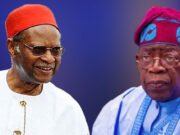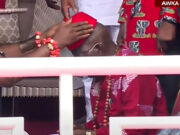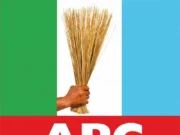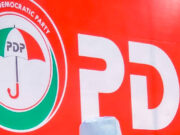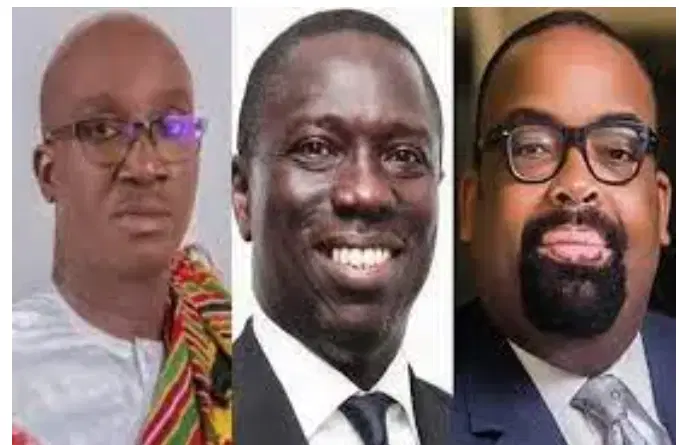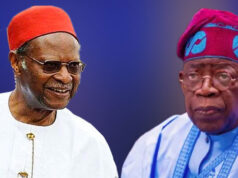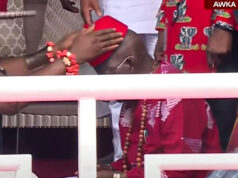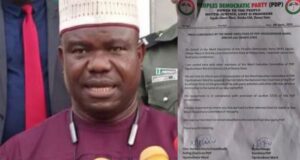As the Edo State governorship election approaches, the major political parties—APC, PDP, and LP—are embroiled in a fierce battle, with accusations of extensive vote-buying surfacing.
Sources indicate that the leading parties are preparing substantial financial resources to influence voters, with estimates suggesting that each vote could be priced between N15,000 and N20,000.
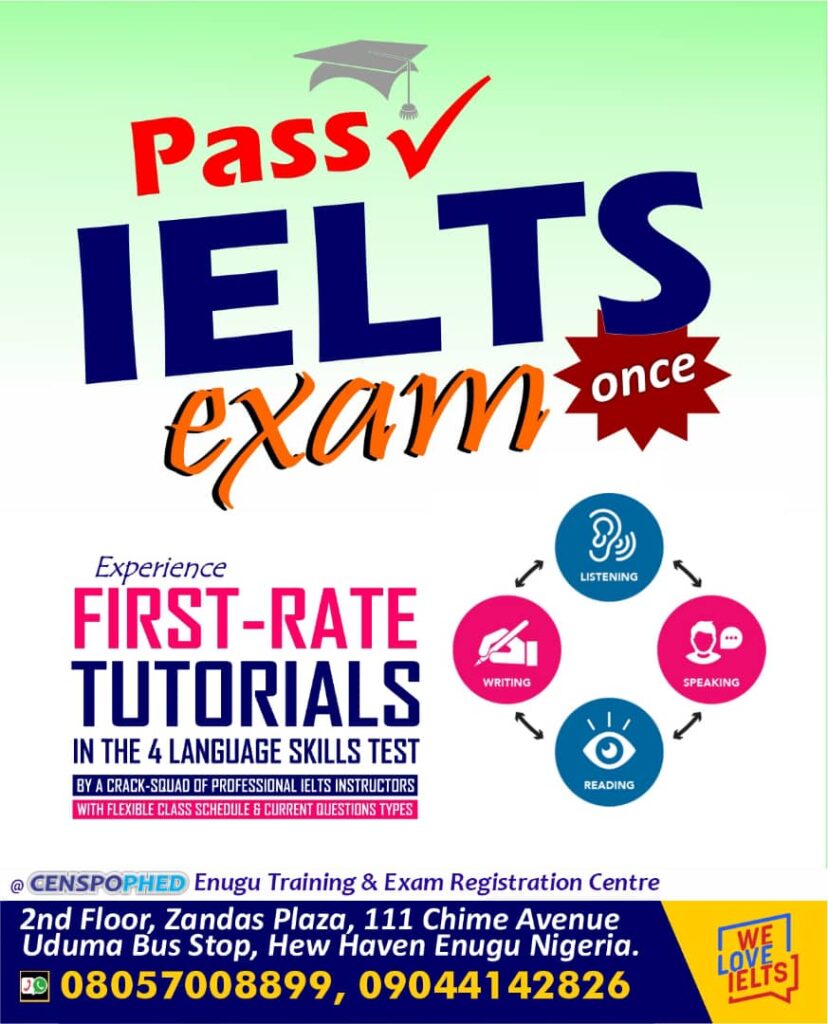 Advertorial
Advertorial
Reports have also surfaced about potential attempts to collect voter cards. The Economic and Financial Crimes Commission (EFCC) and the Independent Corrupt Practices Commission (ICPC) have been enlisted to monitor the situation closely.
Yiaga Africa, an election monitoring group, reported that both the PDP and APC have been distributing cash, food, and other items to voters.
According to Yiaga’s Media Officer, Jennifer Dafwat, incidents of vote-buying have been observed in various locations, including Uselu Market, Amiebonkhian community, and Ubiaja, where campaigners from both parties have been handing out gifts and monetary inducements.
 Advertorial
Advertorial
Samson Isibor of the Conference of Registered Political Parties condemned the practice, calling it “transactional politics” and urging voters to reject such offers.
He emphasized that vote-buying undermines democratic processes and discourages accountability from elected officials.
The PDP has accused the APC of planning to use violence and vote-buying to secure victory.
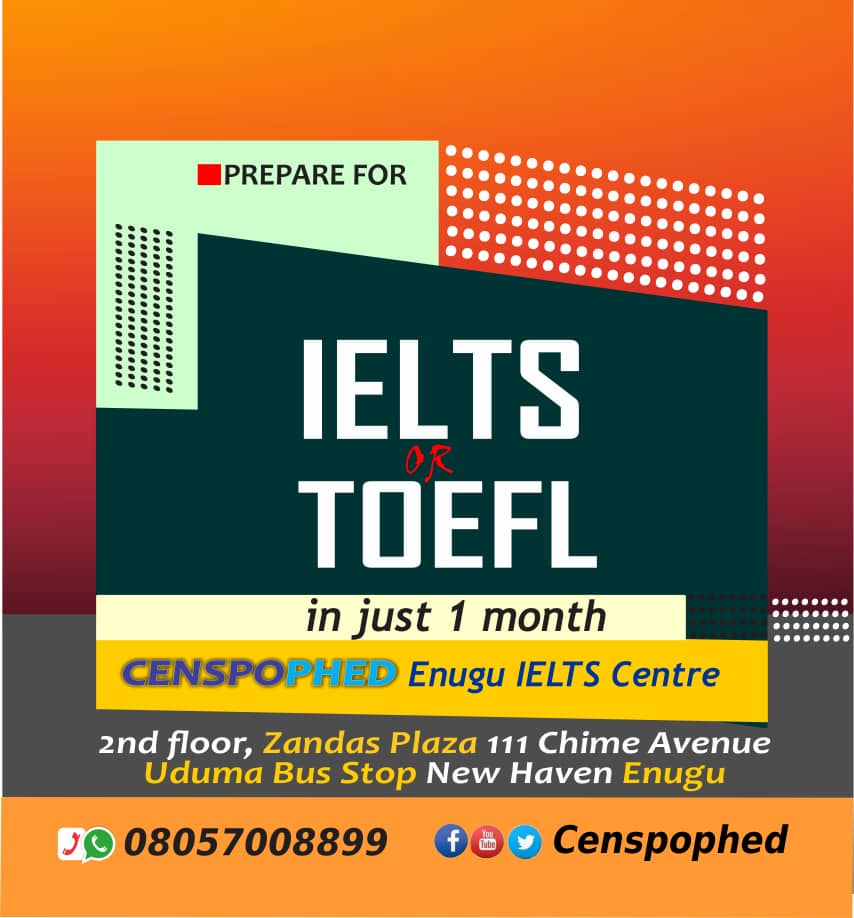 Advertorial
Advertorial
Timothy Osadolor, the PDP Deputy National Youth Leader, criticized the APC for relying on “federal might” rather than campaigning on issues.
PDP spokesperson, Debo Ologunagba alleged that the APC is resorting to violence and intimidation, including the recruitment of thugs from Imo State.
In response, the APC has dismissed these allegations as baseless.
Bala Ibrahim, the APC National Publicity Director, accused the PDP of engaging in rigging and denied any involvement in vote-buying.
 Advertorial
Advertorial
Peter Uwadiae, the APC’s Publicity Secretary in Edo State, also rejected claims of vote-buying, asserting that the party is focusing on a clean election campaign.
The Labour Party, represented by Public Relations Officer Sam Uruopa, distanced itself from vote-buying, attributing the practice to the APC and PDP.
Uruopa urged INEC and security agencies to monitor the election closely to prevent electoral malpractices.
In addition, the EFCC and INEC have both issued strong warnings against vote-buying. EFCC spokesman Dele Oyewale emphasized that the commission will take a firm stance against all forms of electoral crime.
 Advertorial
Advertorial
INEC’s Chief Press Secretary, Rotimi Oyekanmi, urged law enforcement to crack down on vote-buying activities and enforce the Peace Accord signed by the parties.
Amidst these developments, Edo State Governor Godwin Obaseki has alleged that INEC may attempt to postpone the election to favor the APC.
Obaseki, who had previously refused to sign the Peace Accord, expressed concerns about the integrity of the electoral process and vowed to resist any attempts to disrupt the election.
 Advertorial
Advertorial
With the election day drawing closer, tensions remain high as parties, candidates, and voters brace for what is expected to be a contentious and closely watched poll.



